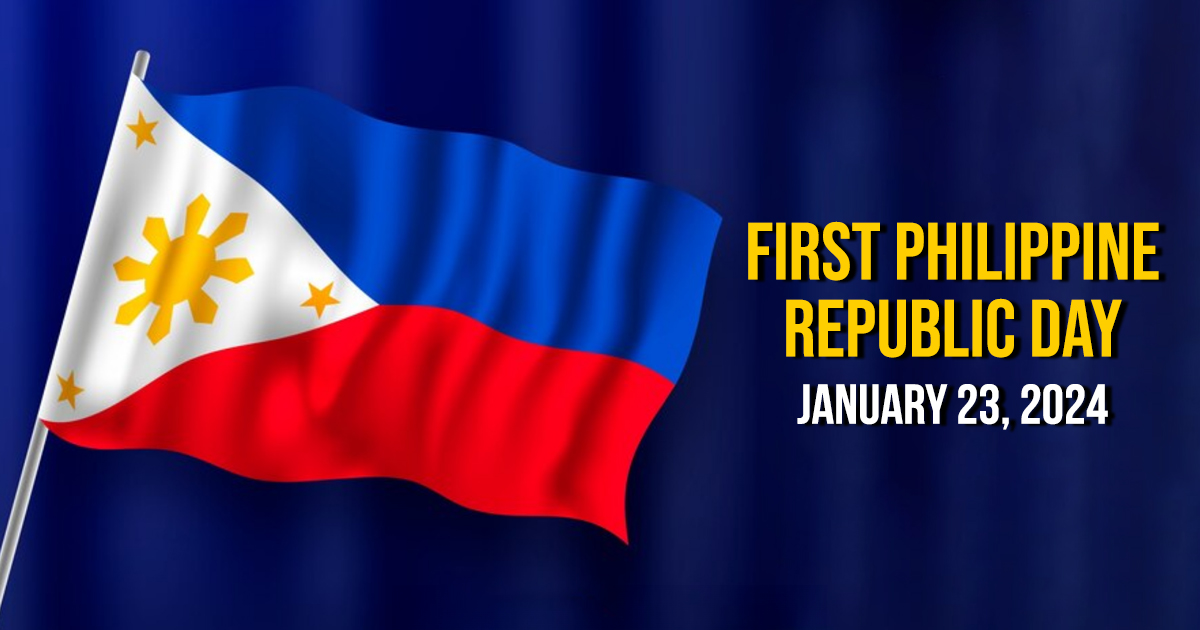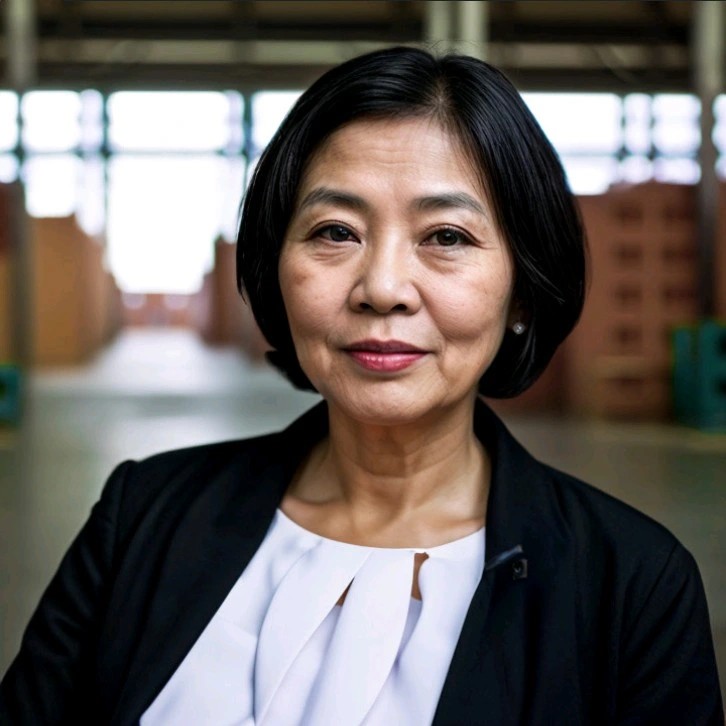
On January 23rd, we celebrate First Philippine Republic Day, a special day that marks the start of the very first democratic government in Asia! Back in 1899, on this date, the Philippines officially announced it was a free country with its own leaders, chosen by the people. This was a huge step forward in the long fight for Filipino independence, and it showed the world the Philippines was ready to run itself. So, every year on January 23rd, we remember this amazing moment and celebrate the Filipinos’ bravery and their dream for a truly democratic country.
A Historical Overview
For many Filipinos, the late 1800s were a time of yearning for independence. They didn’t want to be ruled by Spain anymore, and this burning desire led to the Philippine Revolution, a brave fight against colonial rule.
Every year on January 23, the Philippines observe the First Philippine Republic Day, or “Araw ng Republika ng Pilipino” in Tagalog, as a working holiday. Republic Act No. 11014, which President Rodrigo Duterte signed into law on April 5, 2018, established the yearly celebration of this day. On January 23, 1899, Revolution General Emilio Aguinaldo inaugurated the First Philippine Republic, commonly referred to as the Malolos Republic, at the Barasoain Church in Malolos City, Bulacan. It serves as a reminder of the bravery, resilience, and unity of the Filipino people in their quest for sovereignty. Explore the profound impact of this event on Filipino identity and democracy.
President Duterte tasked the Department of Education and the National Historical Commission of the Philippines (N.H.C.P.) with planning activities and festivities for the First Philippine Republic Day in accordance with Republic Act No. 11014. He suggested that Filipinos would gladly treasure their nation’s rich and noble past and continue to recognize the historical event’s significance through the passage of this Act.
In the Philippines, the First Philippine Republic Day is observed as a working holiday, with businesses, public institutions, schools, and private organizations all being open for business. In spite of this, the Filipino people still regard the event as a unique occasion to honor their independence, bravery, and sense of patriotism.
SEE ALSO:
- Sinulog 2024 Updates: Road Closures and Logistics Challenges
- Philippine Holidays and Special Non-Working Days 2024: A Comprehensive Guide
- Holiday Hustle on Manila Streets: Conquering Christmas Traffic
The First Philippine Republic Day in Modern Times
In contemporary times, the observance of the First Philippine Republic Day goes beyond historical commemoration. It’s a symbol of the enduring spirit of Filipino independence and a testament to the country’s ongoing pursuit of democratic ideals. In a world where democratic values are continually challenged, this day stands as a beacon of hope and resilience.The relevance of this day in modern Filipino society cannot be overstated. It’s a time for introspection, celebration, and a recommitment to the values that define the nation. For a perspective on how this day resonates with Filipinos today, visit this insightful article.
Educational and Reflective Significance
First Philippine Republic Day serves as an invaluable educational tool, offering insights into the Philippines’ rich history and heritage. Schools and educational institutions play a key role in disseminating knowledge about this crucial period, ensuring that the lessons and values of the past are passed on to future generations.This day also prompts reflection on the ongoing journey towards greater democracy and freedom. It encourages Filipinos to consider their role in shaping the nation’s future, inspired by the courage and vision of their ancestors. To understand the educational importance of this day and how it’s observed, check out this resource.The First Philippine Republic Day is more than a historical commemoration; it’s a celebration of Filipino identity, freedom, and democratic spirit. It offers a moment to reflect on the nation’s past, appreciate the present, and envision a future where the values of democracy and independence continue to flourish.
